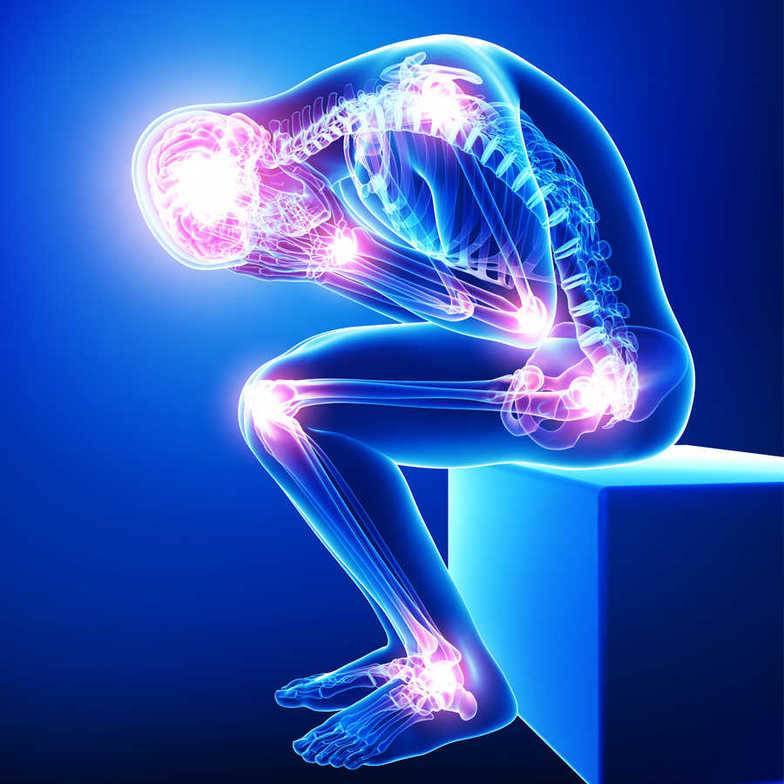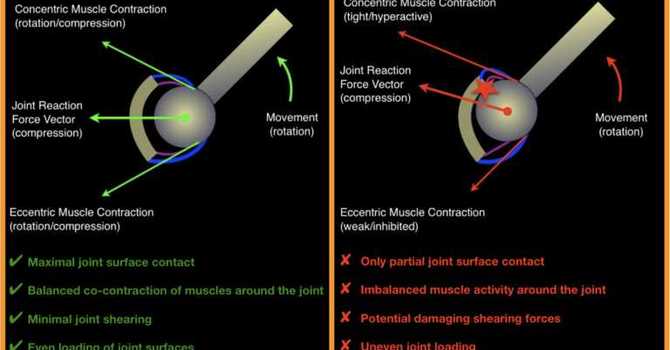
Chronic pain is a relentless companion for millions, shaping not just their physical experiences but also profoundly affecting their mental and emotional well-being. Beyond the immediate discomfort, research has delved into the intricate ways chronic pain can reshape the brain, leading to enduring changes that impact various cognitive functions and overall brain health.
Structural Changes in the Brain
Studies utilizing advanced imaging techniques such as MRI have revealed structural alterations in the brains of individuals dealing with chronic pain. These changes can occur in regions associated with pain processing, such as the somatosensory cortex and the insula. Over time, these structural modifications may contribute to heightened pain sensitivity and altered perception of pain intensity.
Neuroplasticity and Pain Perception
The concept of neuroplasticity, the brain's ability to reorganize and adapt, plays a crucial role in chronic pain conditions. Prolonged pain can lead to maladaptive plasticity, where the brain rewires itself in response to persistent nociceptive signals. This rewiring can amplify pain perception, making even innocuous stimuli evoke discomfort.
Cognitive Impacts
Chronic pain doesn't just affect sensory areas of the brain; it also influences cognitive functions. Research suggests that individuals with chronic pain may experience deficits in attention, memory, and executive functions like decision-making and problem-solving. These cognitive challenges can significantly impact daily life and contribute to mental fatigue and emotional distress.
Emotional and Psychological Consequences
The emotional toll of chronic pain is immense. It can lead to anxiety, depression, and mood disturbances, creating a cycle where emotional distress further exacerbates the perception of pain. Brain regions involved in emotion regulation, such as the amygdala and prefrontal cortex, may exhibit altered activity and connectivity in chronic pain conditions.
Chronic Pain and Brain Aging
Recent research also highlights potential links between chronic pain and accelerated brain aging. Long-term pain may contribute to accelerated shrinkage of brain regions, reminiscent of changes seen in older individuals. This accelerated aging process underscores the urgency of addressing chronic pain comprehensively to mitigate its long-term neurological impacts.
Holistic Approaches to Chronic Pain Management
Understanding the complex interplay between chronic pain and the brain underscores the importance of holistic pain management approaches. Integrative strategies combining medication, physical therapy, cognitive-behavioral therapy, mindfulness practices, and lifestyle modifications can help mitigate both the physical and neurological effects of chronic pain.
Chronic pain is not solely a localized sensation but a multifaceted experience that deeply influences brain structure and function. By acknowledging these neurological ramifications, we can foster greater empathy, enhance treatment approaches, and support individuals navigating the challenging terrain of chronic pain and its impact on brain health.
Andrew Maloy
Contact Me



